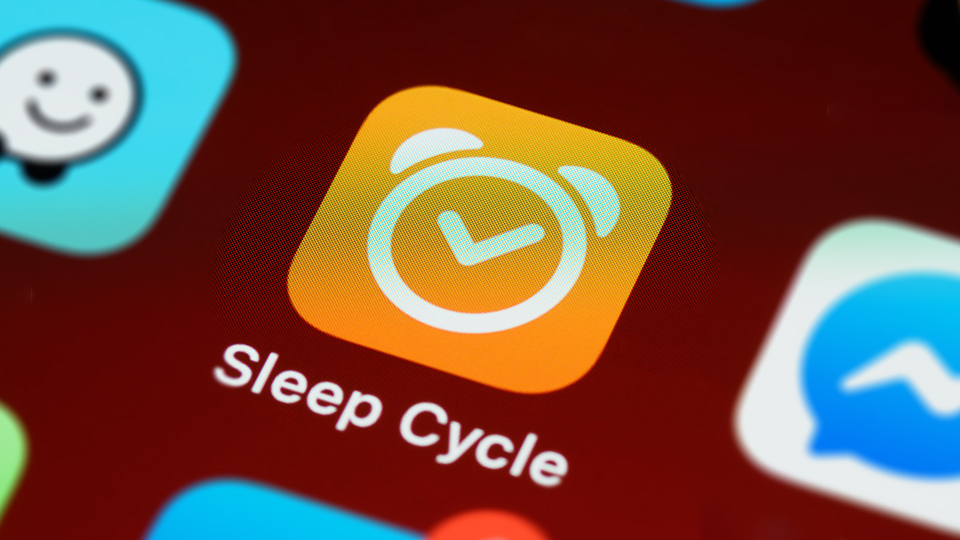Mobile technology aids the study of sleep and opens the door for new discoveries
Published: 03 Jun 2021

The influence of sleep on health has grown as a result of contemporary digital lifestyles that shorten and also make sleep less regular. Historically, much information gathered about sleep habits comes from questionnaires. These yield summary data that is subject to the inaccurate recall or perceptions of one’s sleep and peri-sleep habits. Traditional lab-based techniques, while accurate, are impractical for large-scale population studies and collect data on a limited number of nights.
The rapid growth and development of mobile sleep tracking technologies, like wearable fitness or sleep trackers, together with smartphone usage monitoring apps operating in the background, offer an opportunity to upscale the objective, long-term characterisation of individual sleep patterns that could be used to personalise sleep advice.
Individually, each of these methods has drawbacks, but by combining them, a team of researchers at the National University of Singapore demonstrated that information gathered from different modalities was greater than the sum of data provided by each.
The study, which was just reported in npj Digital Medicine, was led by Professor Michael Chee, Director of the Centre for Sleep and Cognition at the Yong Loo Lin School of Medicine and enrolled 198 participants for two months each. Sleep was measured using three modalities: a wearable sleep tracker, a smartphone app that logged information whenever the phone was used, and an electronic sleep dairy.
Overall, the sleep estimates provided by the different methods were in agreement on most nights, affirming the value of collecting redundant information should one source fail – such as if a participant forgets to wear the sleep tracker or to charge it for proper function. On 23% of nights however, discrepancies of over an hour between the different methods were found, indicating that at least one technology did not correctly detect sleep.
Three different patterns of discrepancy were identified. In one of these, participants used their phones in the morning, before the wearable tracker detected wakefulness. This could reflect activities carried out in bed with little movement, such as attending an online class or checking news.
In other cases, phone-use tracking was a less reliable indicator of sleep timing because participants stopped using their phones more than an hour before their bedtimes. A third group used their phones briefly during a sleep period. These patterns are interesting because they align with recommended and non-recommended sleep habits respectively.
The three patterns were distinctly and consistently expressed in individuals who had different demographic characteristics. For example, those whose first and last waking activities were related to phone use, tended to sleep very late (3am) and were dominated by younger undergraduates. In contrast, more mature students or staff were more represented in the group showing less smartphone interaction overall.
The demonstration of this multimodal approach to passively identify stable behavioral phenotypes was the novel contribution of this work. Major co-authors, Dr Stijn Massar and Chua Xin Yu seek to extend their work by evaluating how customised sleep advice based on such data, collected with minimal inconvenience, can help transform unhealthy modern sleep habits.
The work was funded by the National Medical Research Council, Singapore and The Lee Foundation.
Access the full paper here, and read more in the press release here.
|
Centre for Sleep and Cognition
The Centre for Sleep and Cognition at the Yong Loo Lin School of Medicine studies the scientific underpinnings of human behavior and in improving sleep. Through research and advocacy efforts, the Centre seeks to enhance human cognitive potential as well as to reduce the impact of lifestyle factors and neurodegenerative diseases on cognition and well-being.
Find out more at https://medicine.nus.edu.sg/csc.
|

